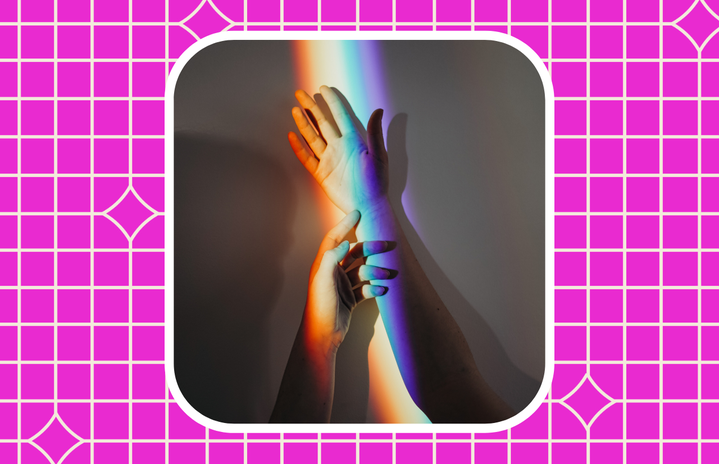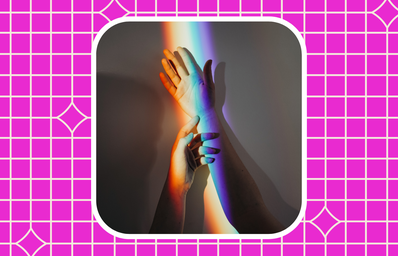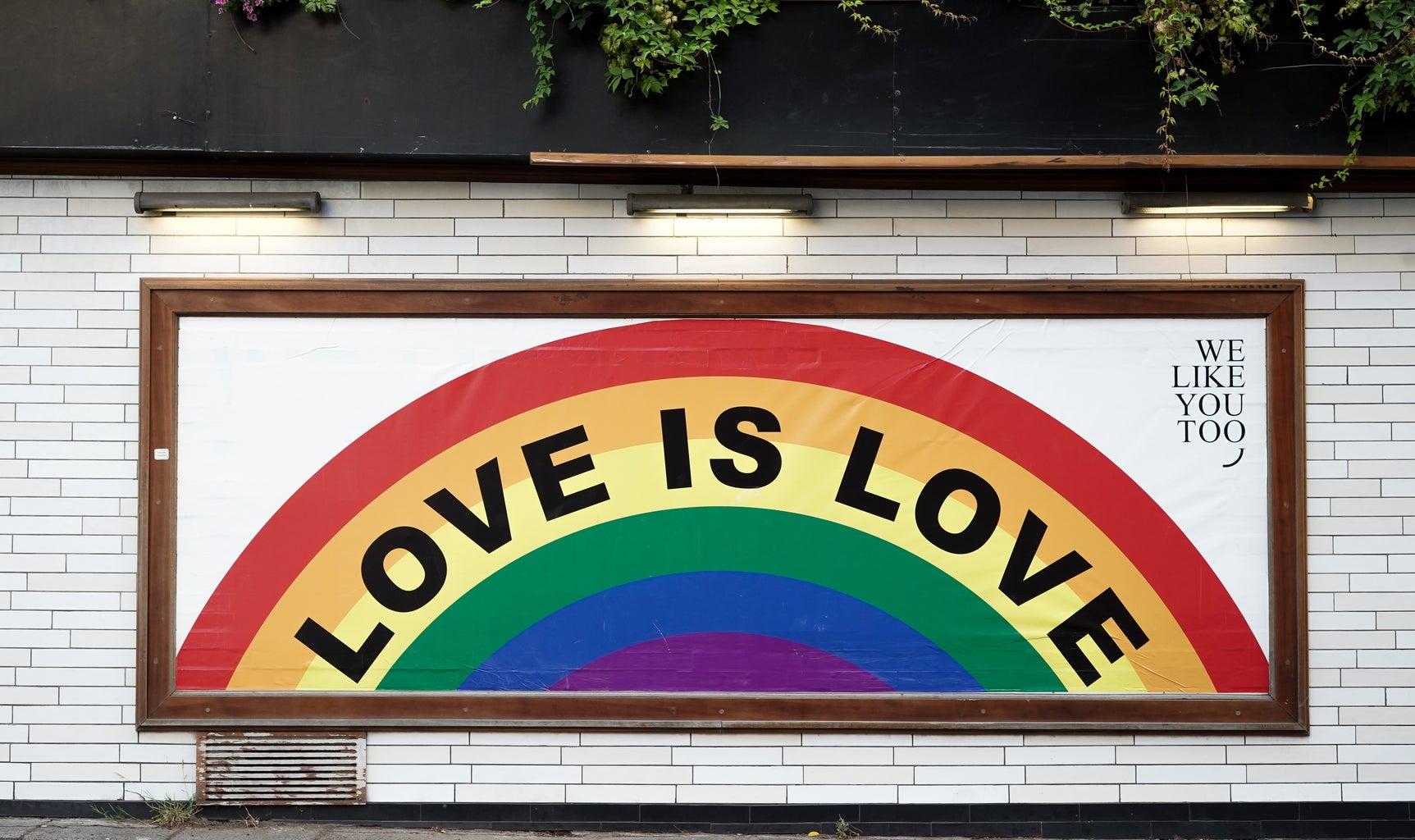From Kirk and Spock to “Stucky,” “Johnlock” and “Vkook,” it is not hard to realize that most fan fiction and fan content in general is centered around slash, and specifically gay couples. This can be seen with seeing how most of the top-ranked pairings in popular fan fiction sites are all relationships between two guys. Most of the pairings are also not portrayed as queer in their canon media, which makes finding queer subtext in supposedly non-queer media a common occurrence in this form of amateur fiction.
So, is the breaking of heteronormativity assumptions by mainstream media:
- an act of empowerment for discovering one’s sexual identity,
or
- fetishisation and misrepresentation of queer relationships?
A riot against Queer Baiting
A common response to mainstream media is slash fan fiction, which is a large sub-genre of fan fiction that focuses on romantic or sexual relationships between fictional characters of the same sex. This is likely a response to “queer baiting,” which is a marketing technique for fiction and entertainment in which creators hint at, but then do not depict, same-sex romance or other LGBTQ+ couples.
According to Koehm, “there is a direct correlation between shows accused of queer baiting by fans and shows that produce a high quantity of slash fiction, suggesting that the sheer amount of fan fiction is a response to representation being denied through queer baiting.”
An example of this would be “Destiel” from the show Supernatural between the characters Dean and Castiel. It has been one of the most popular slash relationships online due to its intimate, intense dynamic, which stands out from other relationships in the show. In real life, the actors of both characters further fuel the idea of a romance between them with hints but never explicitly confirming it. Thus, mass production of fan fiction for queer-baiting pairings is a way for the fans to take charge of the situation themselves and fix what the show did not do.
the F in fan fiction stands for: “female empowerment” or “fetishization” ?
Interestingly, women have been the main participants of the slash fandom, where they explore homoerotic relationships between two male characters. By doing so, it is argued that writing slash gives women a platform to explore their sexualities without feeling sexually exploited by the male gaze.
But, is it really accurate representation when much of the queer relationships are written by straight women? Much of slash relationships are still centered around a strict top/bottom dynamic, with one member being more dominant and the other more submissive. This makes the protagonist more projectable for mostly straight readers, as there are still underlying heteronormative gender roles.
Representative of gay relationships or not, slash fan fiction is still a gateway for many women to explore their sexualities which usually cannot occur in heterosexual relationships due to gender politics. This makes it simultaneously empowering for the female sexuality, but also concerning as it reveals how women need to resort to producing fanfiction due to the lack of equality they experience in real life.
Rewriting “Masculinity”
Then again, does submission automatically equal feminisation? This top/bottom dynamic also opens debate on the fluidity and definitions of masculinity. The idea that “by straying away from traditional masculinity, it automatically becomes feminine” seems reductionist. Just because men are more “emotionally vulnerable” does not make them feminine, it just makes them adopt a healthier practice. This now pertains to the issue of breaking down the gender binary, and conversations surrounding social expectations for gender norms and identity can be perceived as empowering as well.






